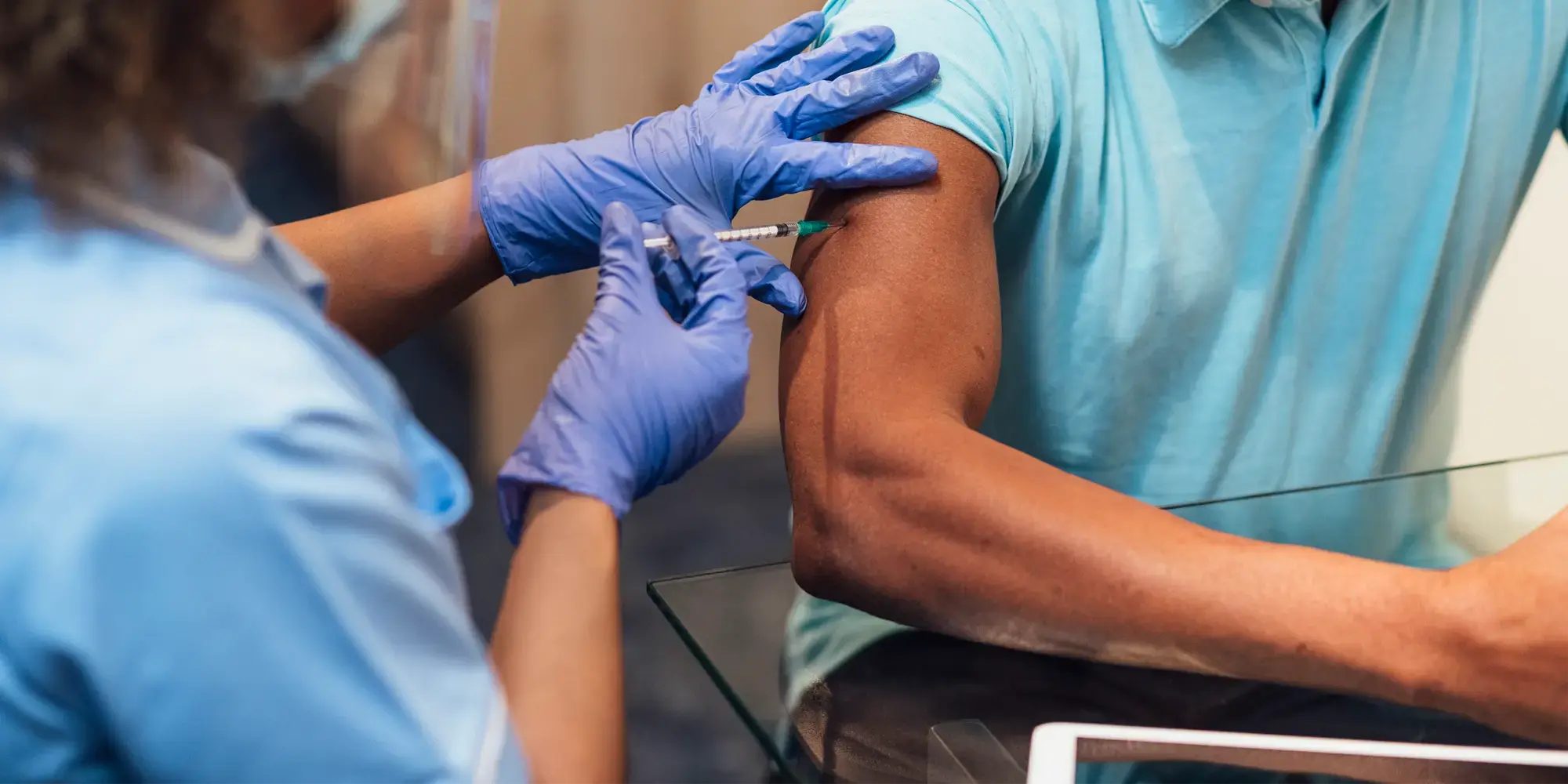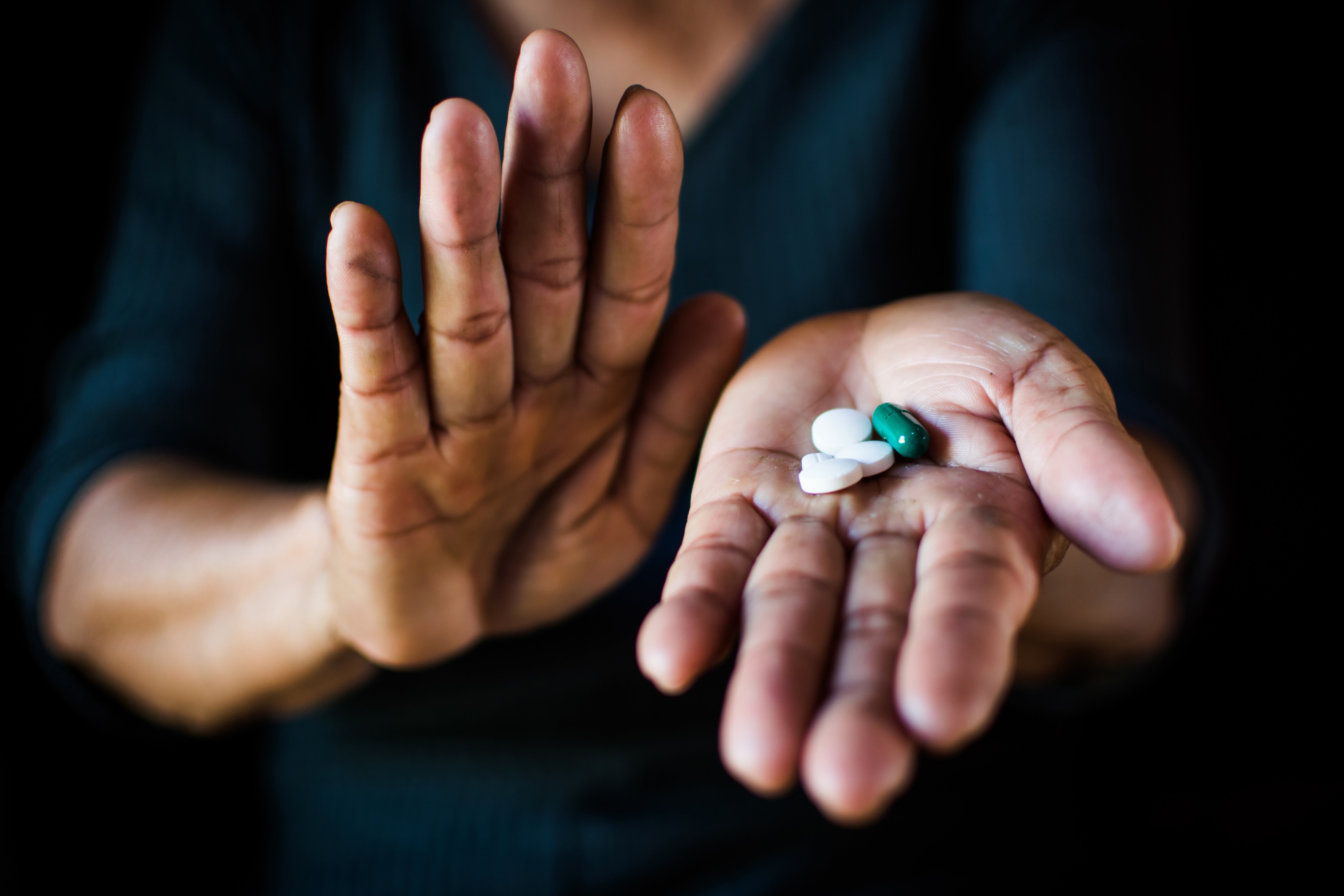While clinical trials are instrumental to the development of new pharmaceuticals, a lack of cultural diversity often limits their impact through decreased drug efficacy with diverse groups, widened trust gaps between the industry and underrepresented communities, and, ultimately, decreased bottom lines for the companies.
As noted by the New England Journal of Medicine, "marginalized racial and ethnic groups, women, and other historically disenfranchised populations are substantially underrepresented in clinical trials, despite increasing concern about this issue." In an effort to improve diversity, the FDA now recommends that medical product sponsors submit a Race and Ethnicity Diversity Plan before they begin clinical trials, using a framework provided by the agency. While these plans won't eliminate disparities in clinical trials or achieve health equity, they're part of a larger effort to move the needle on health equity strategies in drug and medical device development.
Achieving more equitable representation in clinical trials requires cultural competence, which is the ability to recognize the potential impact of cultural differences on study outcomes and ensure these differences are considered in the design, execution, and interpretation of study results. Reflecting the cultural realities of diverse communities in clinical trials demonstrates respect, which is key to engaging underrepresented populations and increases the potential for success in clinical trials.
Why Researchers Need to Respect — and Understand — Cultural Differences
Acknowledging the absence of cultural competence can set the stage for change. The first step for many pharmaceutical companies is to identify the barriers to achieving cultural competence within their corporate climate. These challenges don't stem from conscious malice; instead, they're the result of historical structural inequities within the pharmaceutical industry and broader society. These systemic inequities are now beginning to be deconstructed, and the achievement of cultural competence and cultural humility is paramount to this work.
The pandemic demonstrated the impact of health disparities experienced by diverse ethnic groups in the US. As noted by a 2022 public health study, "vaccine uptake amongst ethnic minority populations has been persistently lower, which may be because of socio-economic factors such as health literacy and health insurance rates." Digging deeper, we understand that the lower rates of vaccine uptake specifically in the Black community are influenced by a history of mistrust of the medical and pharmaceutical industries. This fact combined with a lack of sustained engagement by these industries to acknowledge and repair the injured in an equitable fashion contributes to vaccine hesitancy. This reality tragically played out during the COVID-19 pandemic given the disparate mortality experienced by the Black community and the BNT162b2 mRNA vaccine showing 100% efficacy in Black populations compared to 95.2% for Caucasians.
Or consider recent work in behavioral science, where intersectionality is applied to understanding between-group and within-group differences. Put simply, intersectionality acknowledges that individuals, groups, and communities have their own unique experiences; for marginalized groups in the U.S., this can include experiences of discrimination and oppression. These experiences intersect across identities including race, gender, sexual orientation, and socioeconomic status.
By understanding and respecting the cultural differences these intersections represent, the pharmaceutical industry and biomedical researchers can better engage and build trust across disenfranchised communities and create clinical trials that are more representative of target markets.
How Diverse Clinical Trials Benefit Research
Diverse clinical trials offer research benefits, including:
Increased Community Trust
Groups that have been historically underrepresented in clinical trials are less likely to trust claims about the efficacy or safety of new drugs. By being more representative of these groups in trials, the pharmaceutical industry can begin to address trust concerns, especially important for diseases that disproportionately affect these groups.
To illustrate, consider the recent clinical trial of a new hypertension drug which used two trial groups. In one group, less than 1% of participants were Black. In the other group, 15% of the participants were Black. Black patients with hypertension who saw the results of the group with a more representative sample of Black participants were 20 percentage points more likely to believe the drug would be effective for them. Given that studies have shown that rates of Black hypertension outpace those of whites — 40.5% compared to 27.4% in one example — results such as these are instructive about the critical role that representative inclusion can play in the uptake of a new medication in a population disproportionately impacted.
Building trust helps pharmaceutical companies gain insights that inform the development of more effective products, effectively engage communities/markets that have been difficult to penetrate, and rebuild the reputation of the industry in underserved communities that see their health concerns considered and addressed.
Improved Drug Efficacy
Genetic factors play a role in drug efficacy. As noted by a recent article from the Journal of the National Medical Association, "Pharmacogenetic research in the past few decades has uncovered significant differences among racial and ethnic groups in the metabolism, clinical effectiveness, and side-effect profiles of many clinically important drugs." These differences reflect the lack of diversity in genome-wide association studies (GWAS). A 2023 review of the literature found that 91% of complex trait GWAS were performed in populations of European ancestry. East Asians made up 5%, and the remaining 4% accounted for all other populations. The findings of these reviews in no way mirror the demographic profile of the United States.
By including diverse and representative participants in clinical trials, pharmaceutical companies are better positioned to develop products with greater efficacy and meaningfully iterate on therapies that are equitably effective for different groups.
Best Practices to Cultivate Lasting Cultural Competence
For pharmaceutical companies and the clinical research organizations that support their clinical trials, understanding the role of cultural competence isn't enough to create lasting impact in their trial strategies. Two best practices can help lay the groundwork for meaningful change:
1) Connect with Local Communities
Building a diverse clinical trial is a complicated affair. Before companies can understand a community’s concerns and identify barriers to clinical trial participation, they must connect with these communities. Historical mistrust of medical establishments, however, makes this a challenge.
As noted by a 2014 review of psychotic disorder diagnosis, Black Americans were three to five times more likely to be misdiagnosed with schizophrenia than their white counterparts. In addition, clinicians perceived Black populations as being less honest about their symptoms. These results highlight two issues: one, these authors don’t understand the Black community or whether the symptom presentation of schizophrenia is different for Black patients; and two, they don’t consider the intersection framework pivotal to cultural competence.
Ichor’s hyperlocal community engagement connects companies with diverse populations to facilitate meaningful discourse.
2) Gather Targeted Feedback
Here, the goal is talking with rather than talking at a community. It's a common misstep. Companies with good intentions seek out community leaders and extract rather than collaborate with community leaders, which prevents them from identifying nuanced issues impacting that community. Ichor facilitates conversations between communities, pharmaceutical companies, and CROs where both parties have a seat at the table and create meaningful partnerships that can result in impactful and equitable product and service development.
Delivering on Diversity
Cultural competence doesn't happen overnight. To create clinical trials that respect diverse communities and their residents' social realities, the pharmaceutical industry and the companies comprising it must start by identifying and acknowledging the issues they don’t fully understand. Developing meaningful strategies that engage historically disenfranchised populations and positioning them as partners and experts is requisite for understanding and achieving cultural competence. Considering intersectionality must be an integral part of the development of clinical trial strategies. Delivering on diversity requires cultural humility, meaning that achieving cultural competence isn’t a static achievement but rather a process that evolves and requires regular attention.
The result? Reciprocal relationships that help companies create better, life-saving products connect with communities in responsive and respective ways and maintain ongoing engagement to inform improved strategies to support clinical trials and advance health equity.
Create a win-win scenario by cultivating cultural competence in clinical trials. See how Ichor can help.




